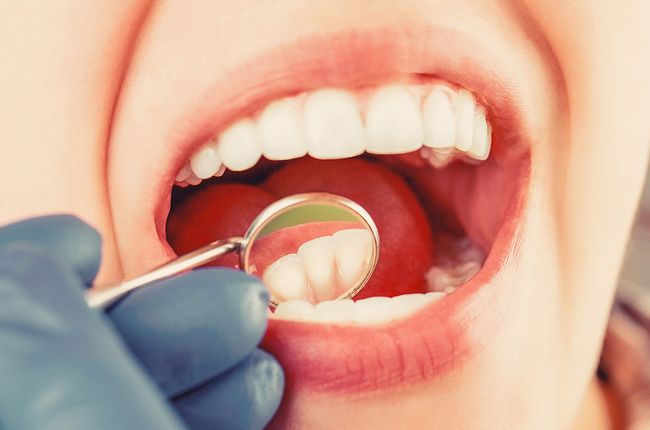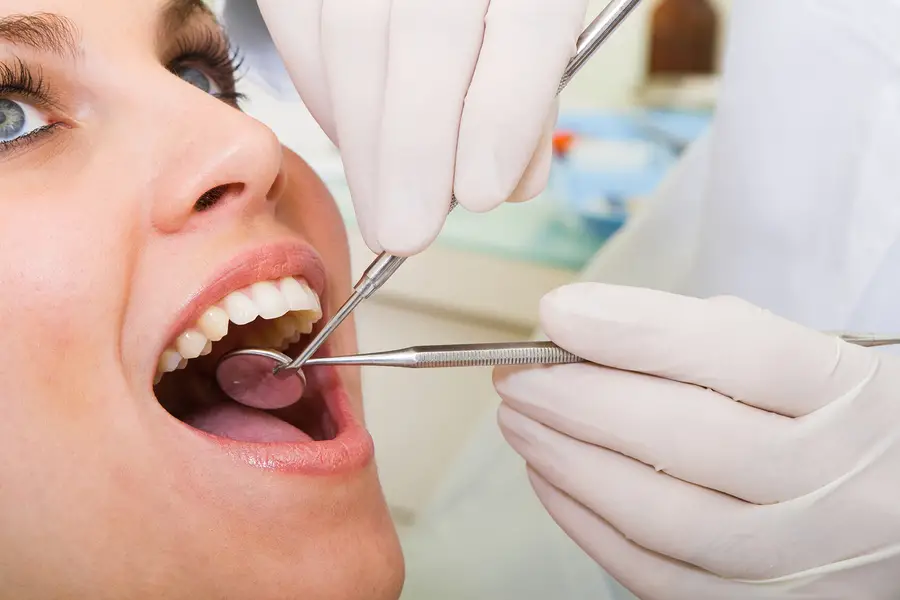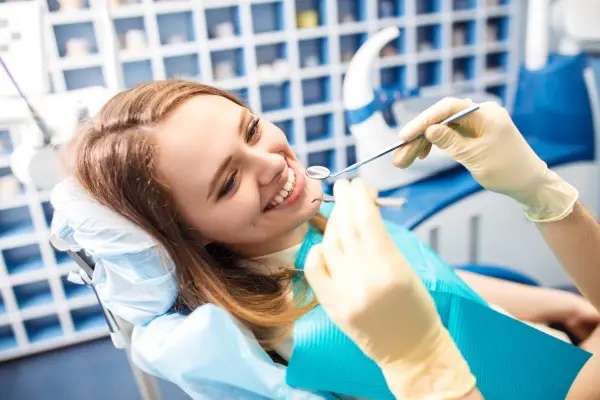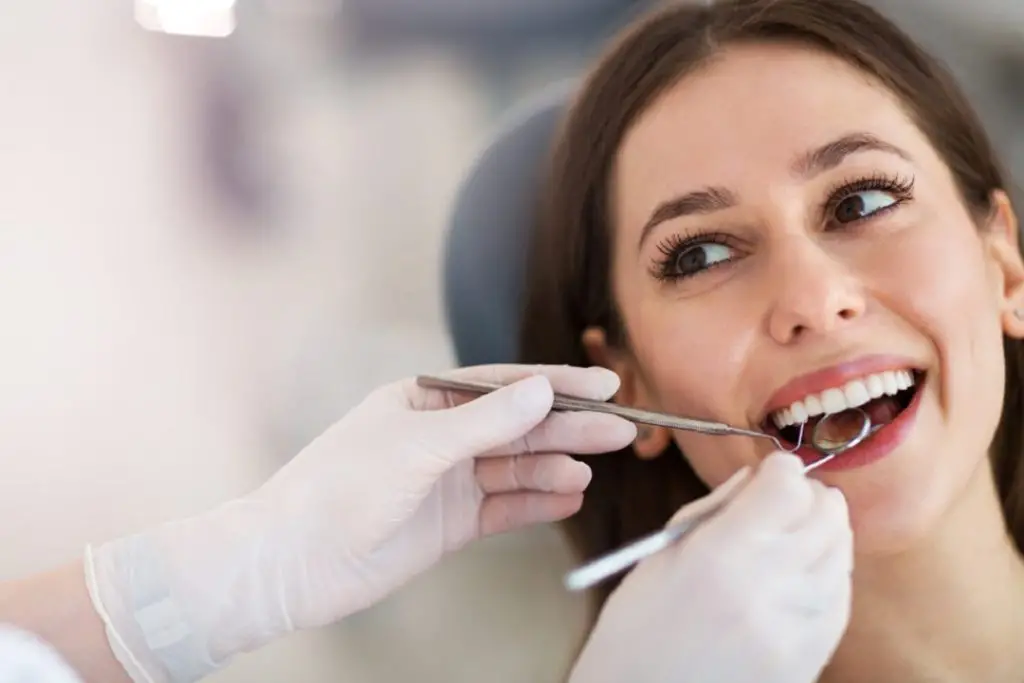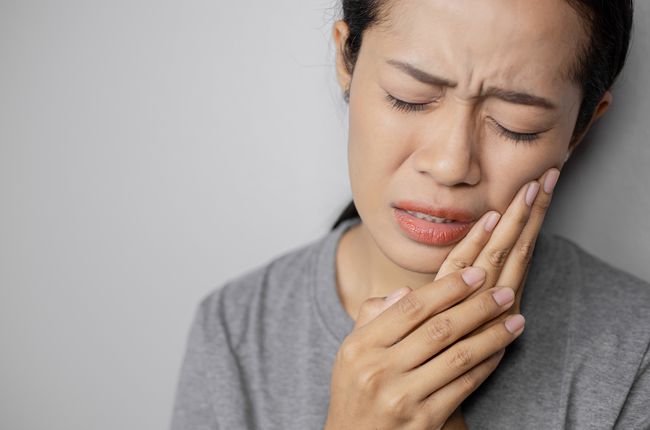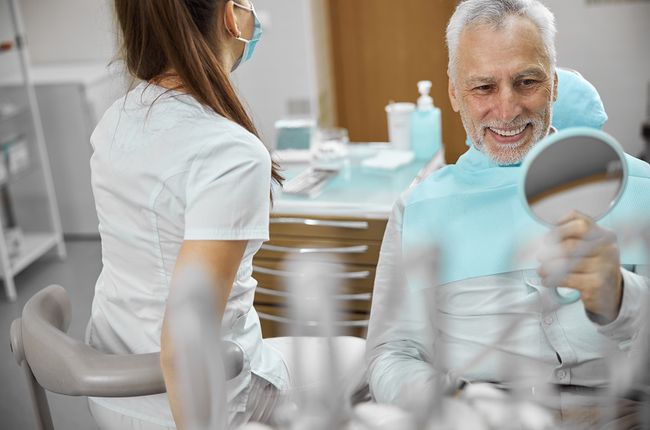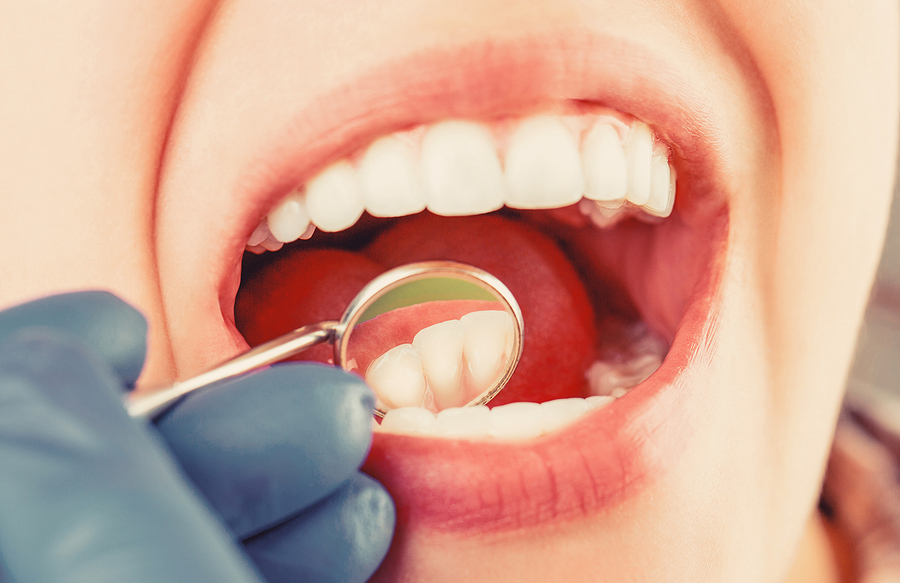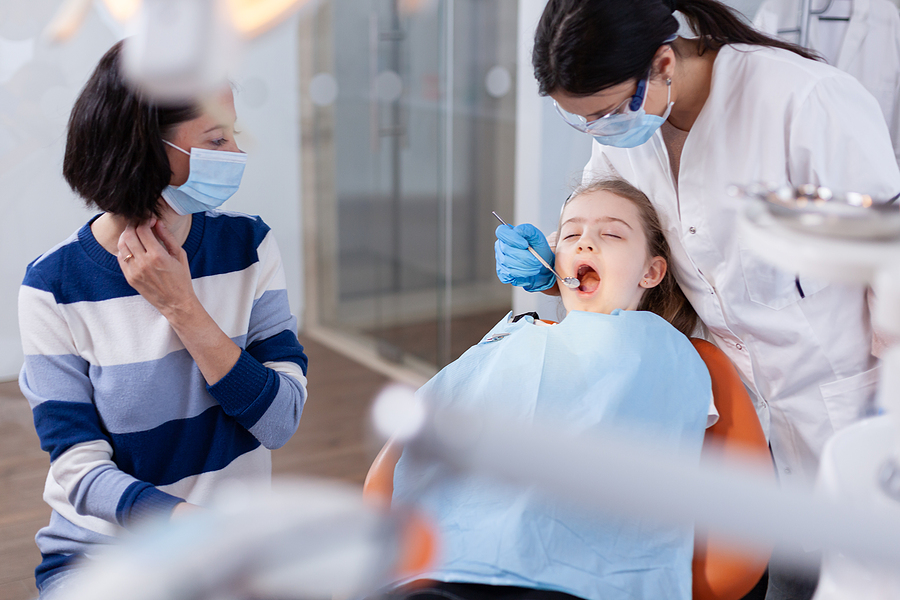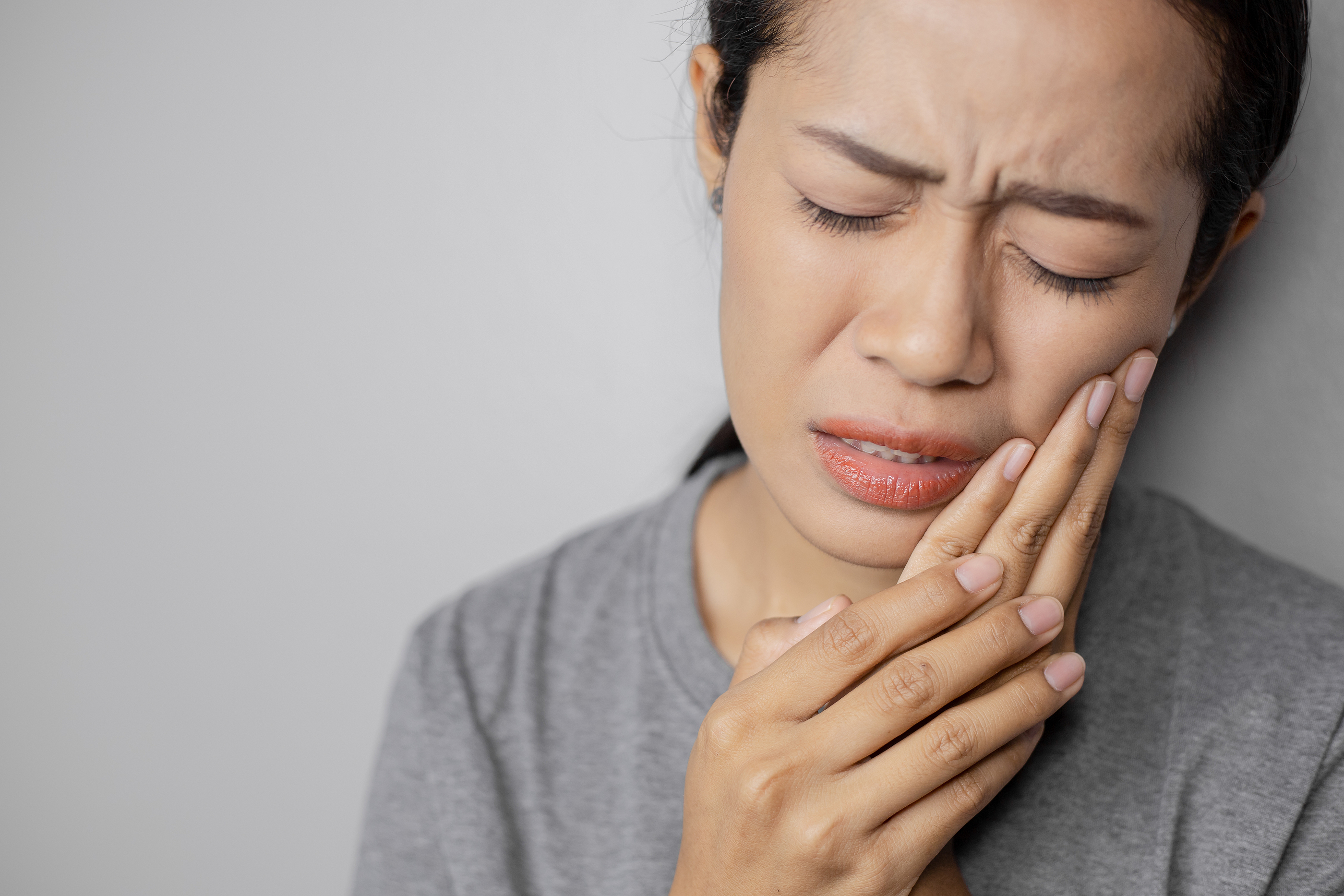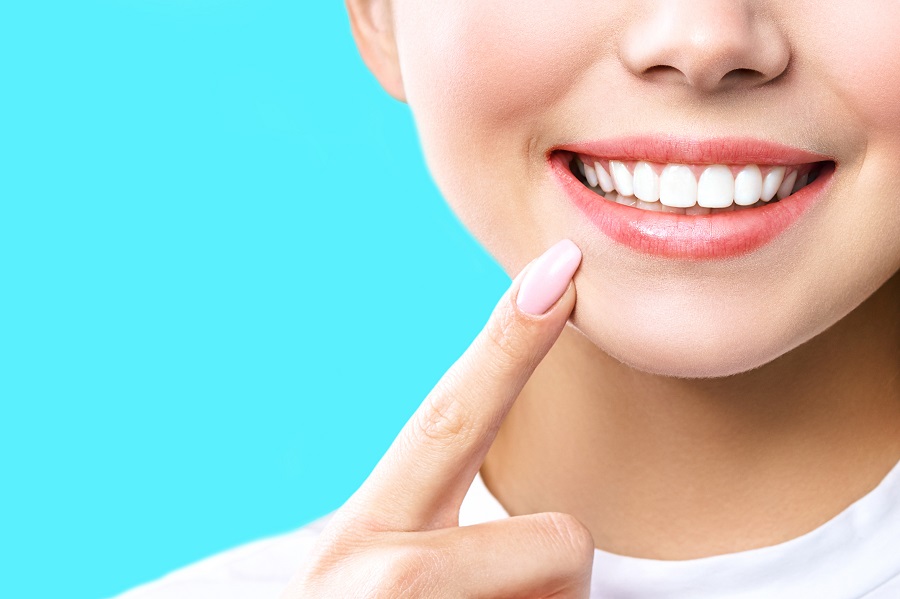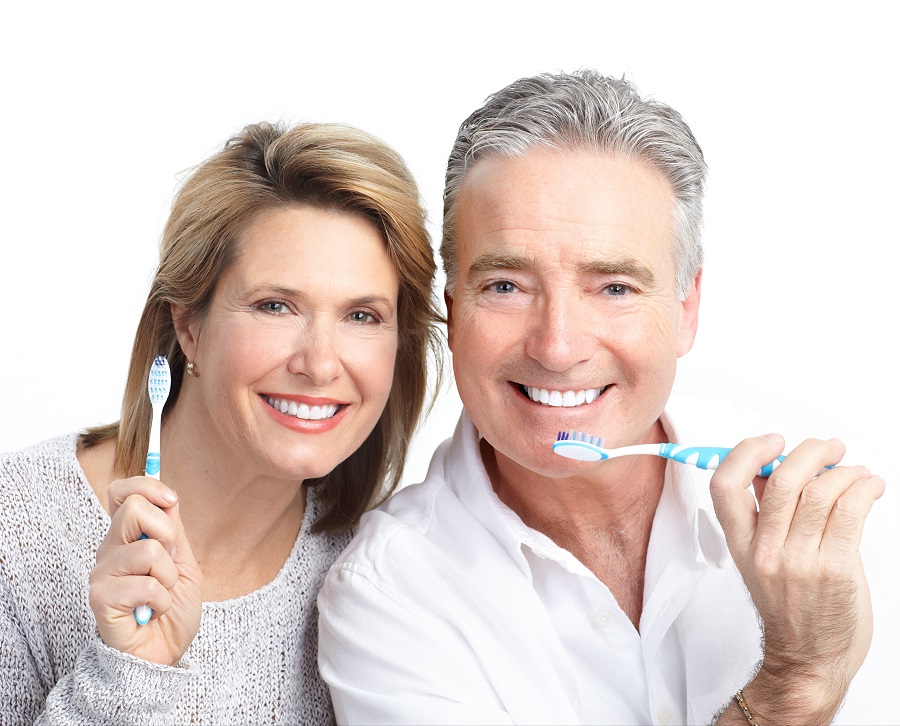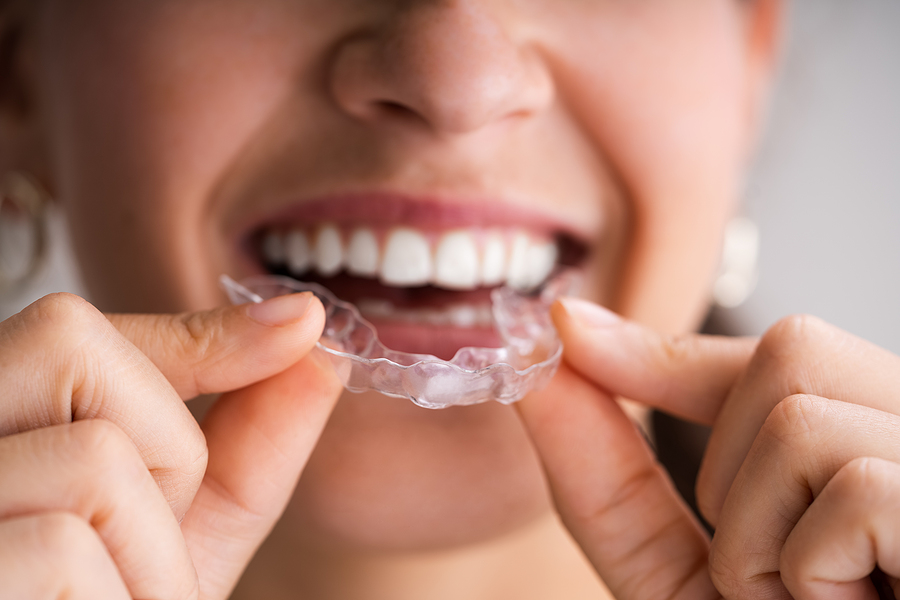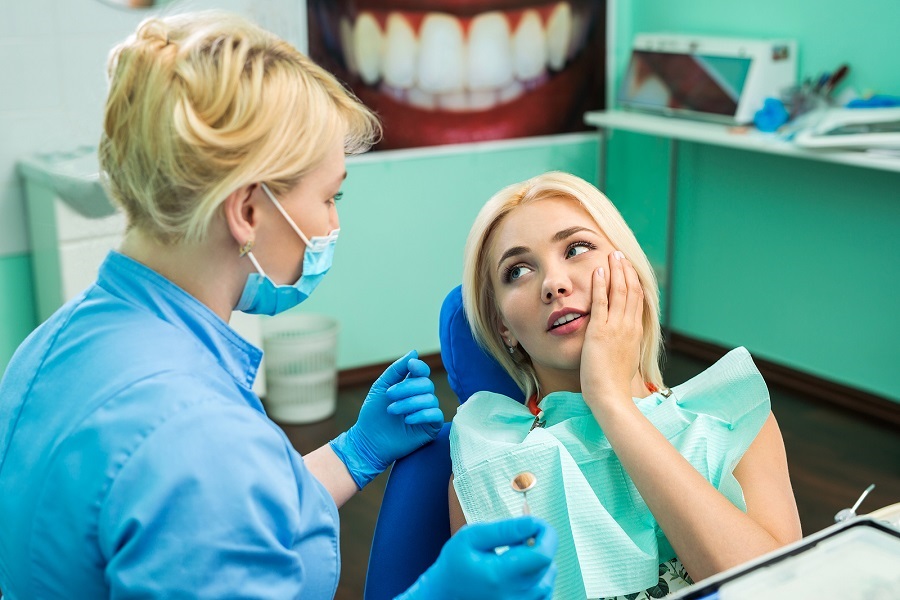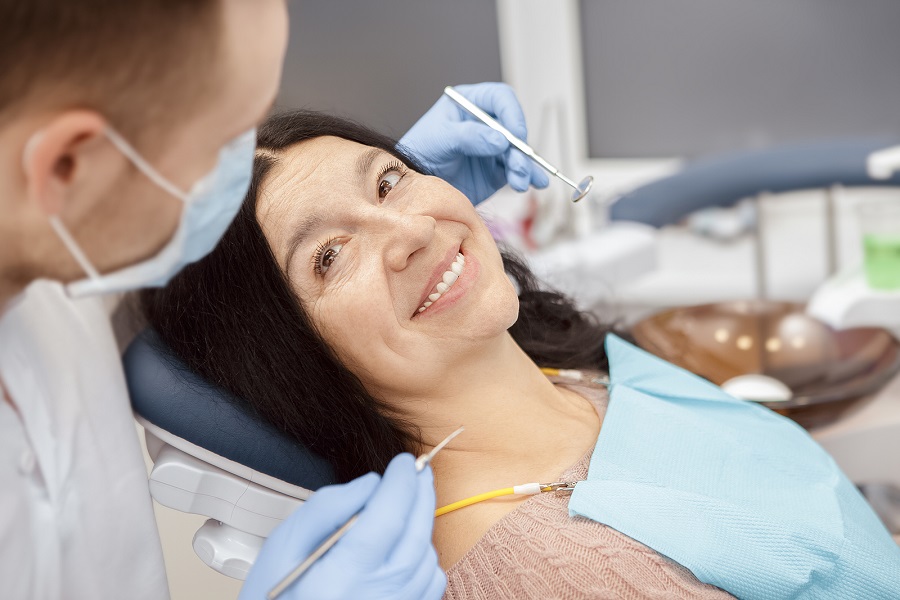Oral Health In Babies - Preventive Techniques
Babies have teeth that are just as susceptible to decay as adult teeth. That's because even though primary teeth will eventually fall out, they still need proper care to last a lifetime. Here are a few common dental issues in babies and tips to prevent them.
Baby Bottle Tooth Decay
Babies' primary teeth are only temporary, with all of them falling out when permanent teeth grow around the age of six. However, it is still important to care for the baby's teeth. If a baby's tooth is lost too early, it can cause the adult teeth to come in crooked. This can create bigger problems than having to replace a lost baby tooth.
One common condition that occurs due to lost baby teeth is called "baby bottle tooth decay." This condition is caused when sugary liquids cling to the teeth for long periods of time, leading to decay. The bacteria in the mouth feed on this sugar, creating acids and eroding the enamel of the teeth. This can lead to painful cavities forming in the child's mouth. This condition can be prevented by making sure your child is brushing his or her teeth twice a day with fluoride toothpaste. Additionally, you should remove your child from the bottle if he or she falls asleep with it in their mouth.
Pacifiers
When your baby is crying, it's typically due to hunger or a need for attention. You may notice them sucking on a pacifier to help soothe and calm them. It may seem like a simple solution, but it's important to use the pacifier correctly and limit its use as much as possible.
A pacifier should only stay in your baby's mouth for short periods of time and should be taken away after feedings. If the pacifier stays in the mouth for too long, it can cause a number of problems, including tooth decay, speech disorders, difficulty swallowing, TMJ issues, and the development of an overbite.
Thumb Sucking
Most babies find thumb-sucking comforting and soothing from a very early age. It's perfectly normal; however, if it becomes excessive or interferes with sleep, it can affect the baby's teeth.
So, how do you deal with it? As with a lot of things in parenting, it's best to be positive and lead by example. There's no point trying to stop a baby from doing something they find comforting as they'll just resent you for it. Instead, offer alternatives to help break the habit sooner!
Once they're old enough to understand, you can explain to them about the side effects of thumb sucking.
Tongue-Tie
A tongue tie is when your tongue is too short, restricting it from moving normally and functioning properly. This often occurs in babies who are born with a restricted lingual frenum, which is a band of tissue that connects the bottom of the mouth to the bottom of the throat. When the frenum is too tight, the tongue can be pushed up against the lower front teeth. This can lead to issues with swallowing and the alignment of the teeth. It can also affect speech development by reducing the amount of breathable to be exhaled through the mouth when speaking. It is sometimes necessary to remove this piece of tissue in order to allow proper function and development of the mouth. The frenectomy procedure can be done very quickly and usually doesn't require anything more than a local numbing agent. Recovery is usually very quick, and you won't need to return to our office for a follow-up appointment unless an issue arises. If you have any questions or concerns about this procedure, feel free to call our office today!
Baby Teeth Cleaning
In addition to regular brushing, it's helpful to clean baby teeth with a soft cloth or a baby toothbrush. This helps get rid of any bacteria that might still be lingering between teeth after meals. Always wipe the baby's gums and tongue gently with gauze or a moist washcloth after every feeding. This helps remove any leftover food particles as well as kill off harmful bacteria. Once the child has teeth, it's important to brush their teeth using fluoride toothpaste.
A child's diet can also affect the way their teeth and gums look as they grow. For example, a diet high in sugar can encourage cavities to develop since sugar feeds the harmful bacteria in the mouth. When your child eats sugary foods and drinks, make sure to brush their teeth afterward. If your baby is too young for the toothbrush itself, give them a clean damp cloth to wipe down their gums instead. Regular checkups are also important throughout childhood to make sure there are no problems with baby teeth. Identifying potential issues early means they can be addressed before they become bigger problems later.
Please reach out to us to schedule a consultation with our Dentist in Reston VA, and we’ll guide you further. Please call us at (703) 595-4405 or reach us through online consultation.
Office Hours
MON - TUE 9:00 am - 5:00 pm
WED 9:00 am - 7:00 pm
THU - FRI 9:00 am - 5:00 pm
SAT - SUN Closed
